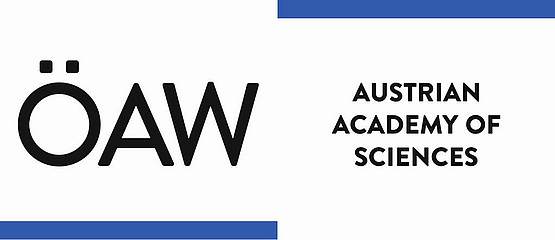Platform Economy & VAT
New Intermediaries in European Value Added Tax: Services in the Platform Economy as a case study

Funding: Austrian Academy of Sciences
Funding Program: DOC Fellowship Programme
Funding Period: 1.2.2020 – 11.9.2022
Abstract: In today’s economy, Internet platforms facilitating transactions play a central role. They connect users globally and enable them to exchange digital or analog services (cross-border). This can result in services under EU VAT law between the platform operator and its users as well as between users. Platform operators acting as intermediaries can provide a bridge between substantive VAT laws and enforcement of those laws.
Taxing services offered via Internet platforms presents the government with numerous challenges. First, the lines are blurred between active market participants and consumers. This causes difficulties in determining who is a taxable person for VAT purposes and in correctly attributing services under current VAT laws. Second, enforcement risks arise because services sold on Internet platforms are not readily visible for the government. To ensure effectiveness and administrability of the EU’s common system of VAT, the legislature has expanded the use of statutory presumptions. In addition, EU VAT rules increasingly apply information reporting obligations and liability regimes to platform operators.
This thesis provides a framework for assessing services in platform-based business models for VAT purposes. It refers to concrete examples and shows that the traditional rules of the EU’s common system of VAT are sufficiently broad to cover many services sold on Internet platforms. Moreover, the thesis identifies factual limitations to VAT enforcement in the platform economy and discusses legal boundaries to introducing substantive and enforcement measures by considering the case law of the European Court of Justice and the Austrian Constitutional Court.
Relevant publications:
- Zechner, Understanding VAT in Three-Party, Platform-Based Business Models: Which Party is Supplying Which Service? EC Tax Review 2022, pp. 171 - 183
- Ehrke-Rabel/Hammerl/Zechner, "VAT in the Digital Economy" (in German language), ifst-Schrift 538 (2021)
- Hammerl/Zechner, "Platform Operators' Roles in VAT Enforcement" (in German language), SWK-Spezial (2020)
- Zechner, "Airbnb and VAT: Attributing Supplies of Services to Internet Platform Operators and/or their Users" (in German language), Österreichische Steuerzeitung 2020, pp. 300 - 309
- Ehrke-Rabel/Zechner, VAT Treatment of Cryptocurrency Intermediation Services, Intertax 2020, pp. 498 - 514
- Zechner, How to Treat the Ride-Hailing Company Uber for VAT Purposes, International VAT Monitor 2019, pp. 261 - 265
- Ehrke-Rabel/Eisenberger/Hödl/Zechner, “Legal and Regulatory Aspects of Bitcoin Mining as a Form of Prosuming” (in German language), Austrian Law Journal 2017, pp. 188 - 223
- Zechner, “VAT Treatment of Cryptocurrency Exchanges and Wallet Providers” (in German language), taxlex 2017, pp. 388 - 399
(Authors in alphabetical order)
Contact
Department of Tax and Fiscal Law
Opening Hours:
Mon - Thu | 9 a.m. - 12 p.m.





